Artificial Intelligence (AI) is making waves in the music industry, offering exciting new ways to compose, produce, and experience music. For musicians, producers, and fans alike, understanding how AI works in music is the first step toward embracing its creative potential.
What is AI in Music?
AI in music refers to the use of machine learning algorithms and data-driven models to create, analyze, or enhance musical compositions. These tools can compose melodies, generate lyrics, mix tracks, and even personalize music experiences—redefining the relationship between technology and creativity.
How AI is Used in Music
Music Composition
AI tools like AIVA, Amper Music, and MuseNet can compose original music in various styles and genres. Users can input parameters such as mood, tempo, or instruments, and the AI generates melodies, harmonies, and full compositions, making it a useful tool for content creators, game developers, and independent artists.
Lyric Generation
AI models trained on thousands of songs can generate lyrics based on a theme or input phrase. This helps songwriters overcome creative blocks or experiment with different lyrical styles and structures.
Music Production and Mixing
AI can assist in mixing and mastering tracks by automatically balancing levels, enhancing sound quality, and applying effects. Tools like LANDR and iZotope Ozone use AI to simplify the production process for beginners and professionals alike.
Personalized Listening Experiences
Streaming platforms like Spotify and Apple Music use AI algorithms to recommend songs based on listening habits. These systems analyze user behavior, mood, and preferences to create personalized playlists and enhance music discovery.
Voice and Instrument Emulation
AI-powered virtual instruments and vocal synthesizers can replicate the sound of traditional instruments or human voices. Tools like Vocaloid allow users to “sing” lyrics using synthesized voices, expanding the possibilities for solo creators and producers.
Music Education and Analysis
AI tools can analyze compositions and provide feedback on rhythm, pitch, and harmony. They’re used in music education apps to help students practice and improve their skills, offering personalized guidance and corrections.
Challenges and Considerations
While AI brings innovation to music, it’s important to consider a few challenges:
- Authenticity and Ownership: Who owns AI-generated music—the user, the developer, or the machine?
- Copyright Issues: Training data often includes copyrighted music, raising questions about originality and intellectual property.
- Human Touch: AI-generated music may lack emotional depth, improvisation, and spontaneity that come from human experience.
Getting Started with AI in Music
If you’re new to AI in music, here are a few tools to explore:
- AIVA – Compose classical or cinematic music.
- Amper Music – Create tracks by setting parameters and letting AI do the rest.
- Boomy – Quickly generate and publish songs.
- Endlesss – Collaborate on music in real time with AI-assisted features.
Start by experimenting with these platforms and blending your creativity with AI’s capabilities.
Conclusion
AI in music is not about replacing human artists—it’s about enhancing creativity and opening up new avenues for musical exploration. Whether you’re a beginner looking to compose your first track or a producer searching for fresh inspiration, AI can be a powerful companion in your musical journey. Embrace the technology, but always let your artistic voice lead the way.


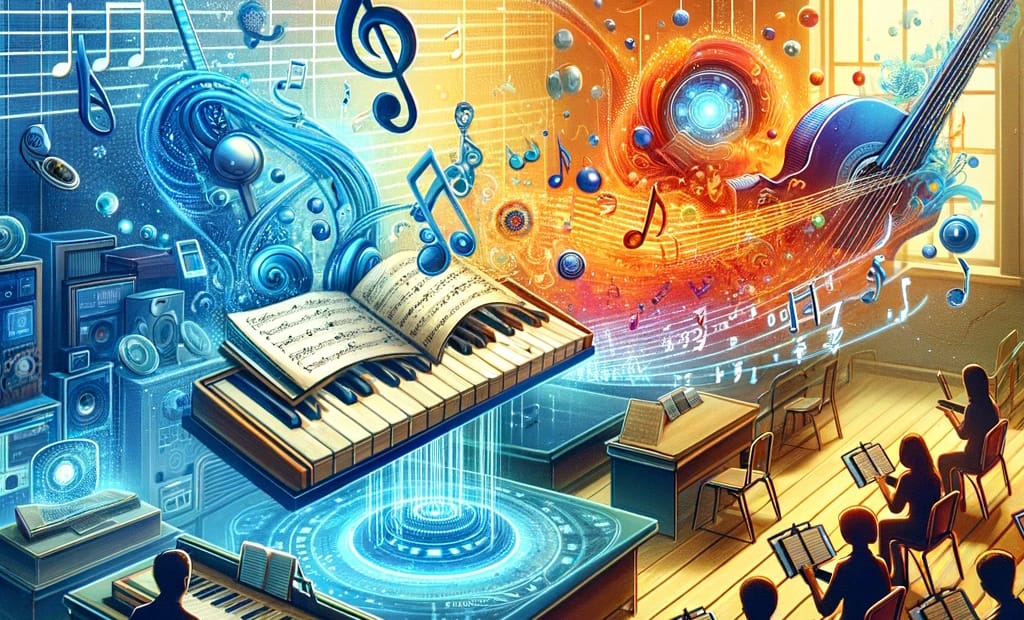
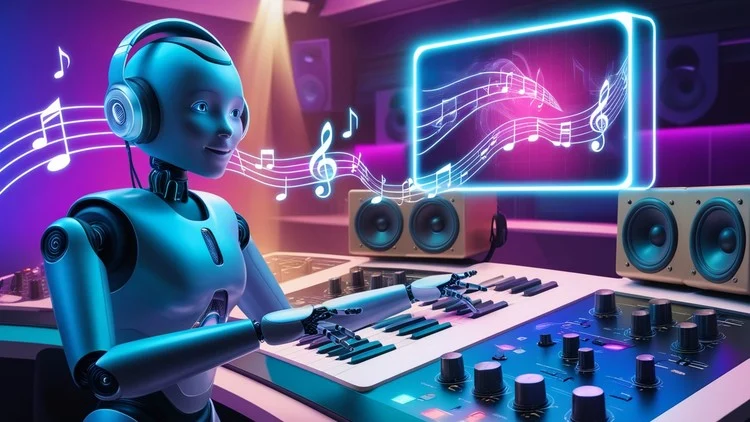
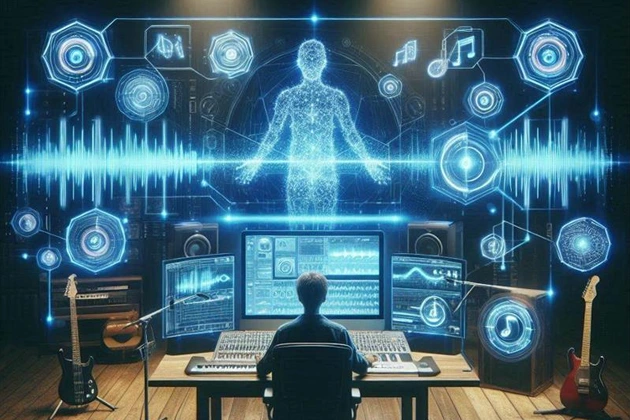
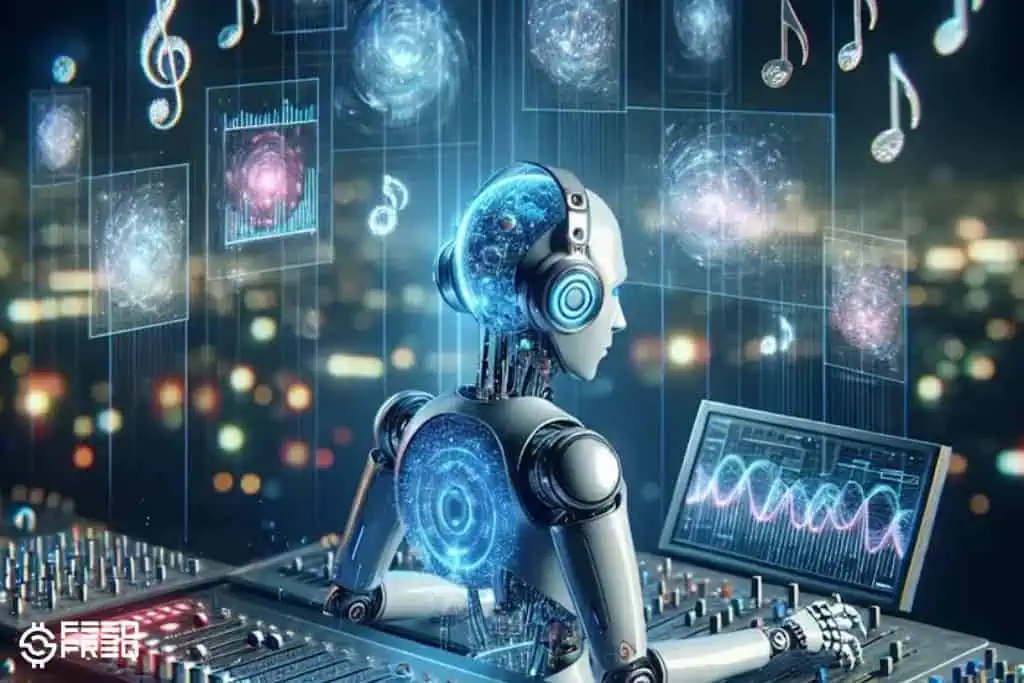
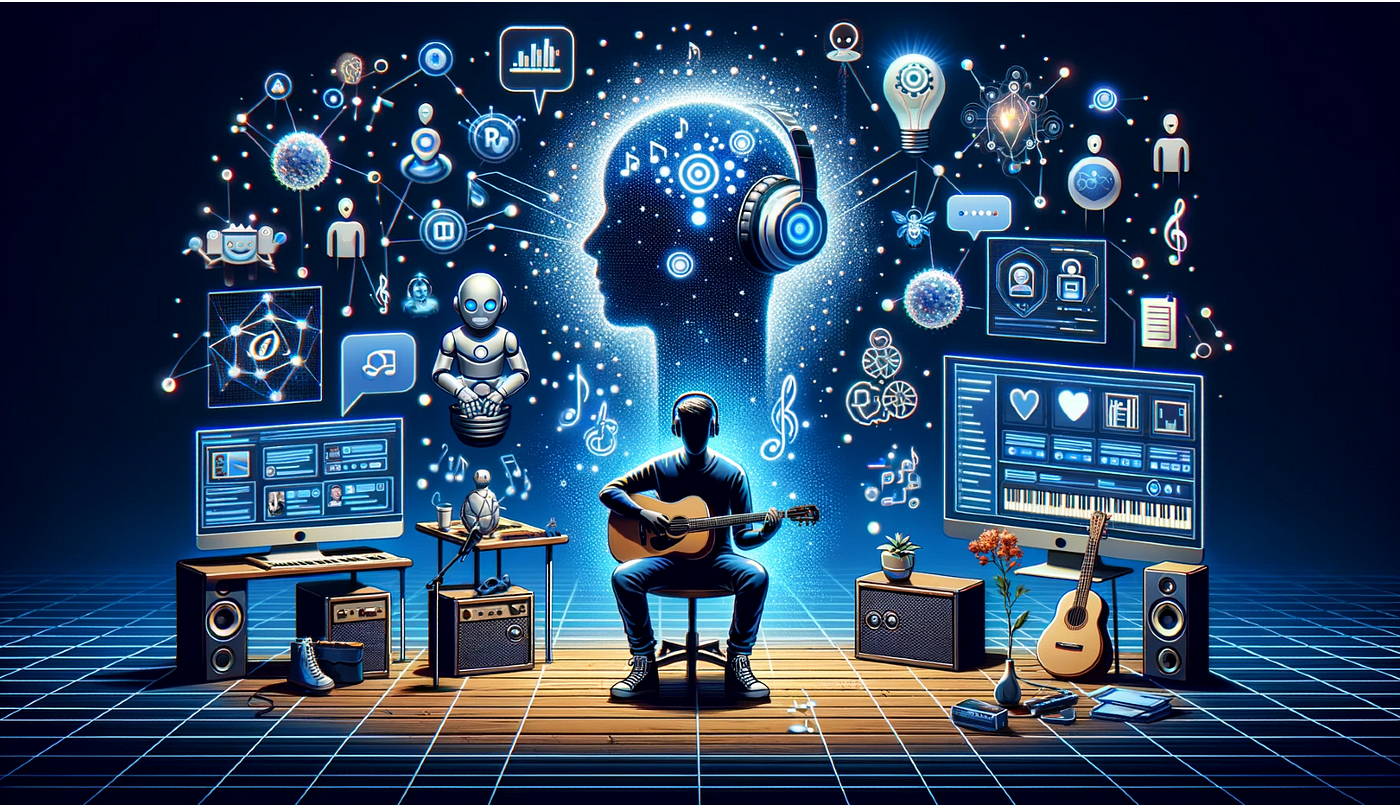
Leave feedback about this